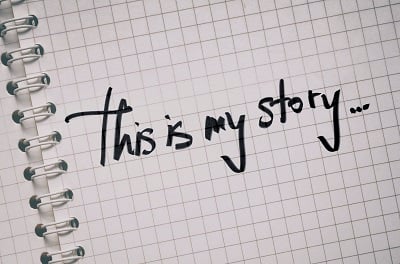How OCD Affects Social Interaction at School
Attending school presents students with opportunities to develop academic skills along with social skills that will follow a student throughout life. For a student who has OCD, symptoms can present barriers to social development.



 I am currently typing this in bed as I’m trying to avoid getting up. It is 2:13 pm and I haven’t found the motivation to start my day. It is a gloomy, rainy day so what about this makes me want to get out of bed? These are the days you want to just relax and watch movies. The struggle with anxiety is, this never seems to happen. Anxiety makes you think you should be doing more, that everything needs to be perfect.
I am currently typing this in bed as I’m trying to avoid getting up. It is 2:13 pm and I haven’t found the motivation to start my day. It is a gloomy, rainy day so what about this makes me want to get out of bed? These are the days you want to just relax and watch movies. The struggle with anxiety is, this never seems to happen. Anxiety makes you think you should be doing more, that everything needs to be perfect. I have learned that anxiety and depression go hand-in-hand, and there is no shame in having either — although it’s tough for many people to get their arms around that concept. When I struggled with both in my last couple years as the Texas Rangers’ baseball play-by-play announcer, the few people in whom I confided expressed genuine shock. “Depressed? About what? You’ve got a great job! Legions of adoring fans! A wonderful family!
I have learned that anxiety and depression go hand-in-hand, and there is no shame in having either — although it’s tough for many people to get their arms around that concept. When I struggled with both in my last couple years as the Texas Rangers’ baseball play-by-play announcer, the few people in whom I confided expressed genuine shock. “Depressed? About what? You’ve got a great job! Legions of adoring fans! A wonderful family!




